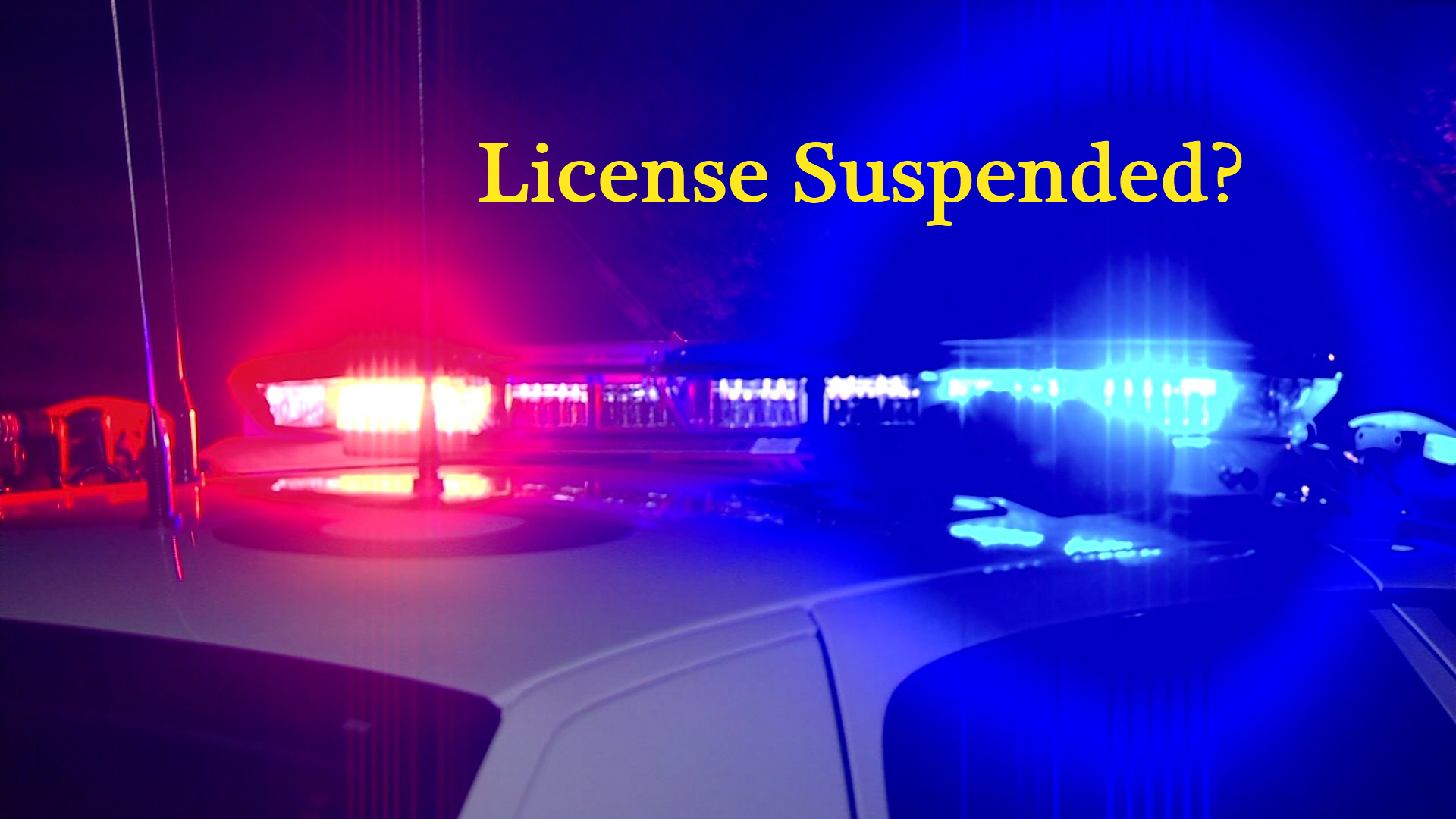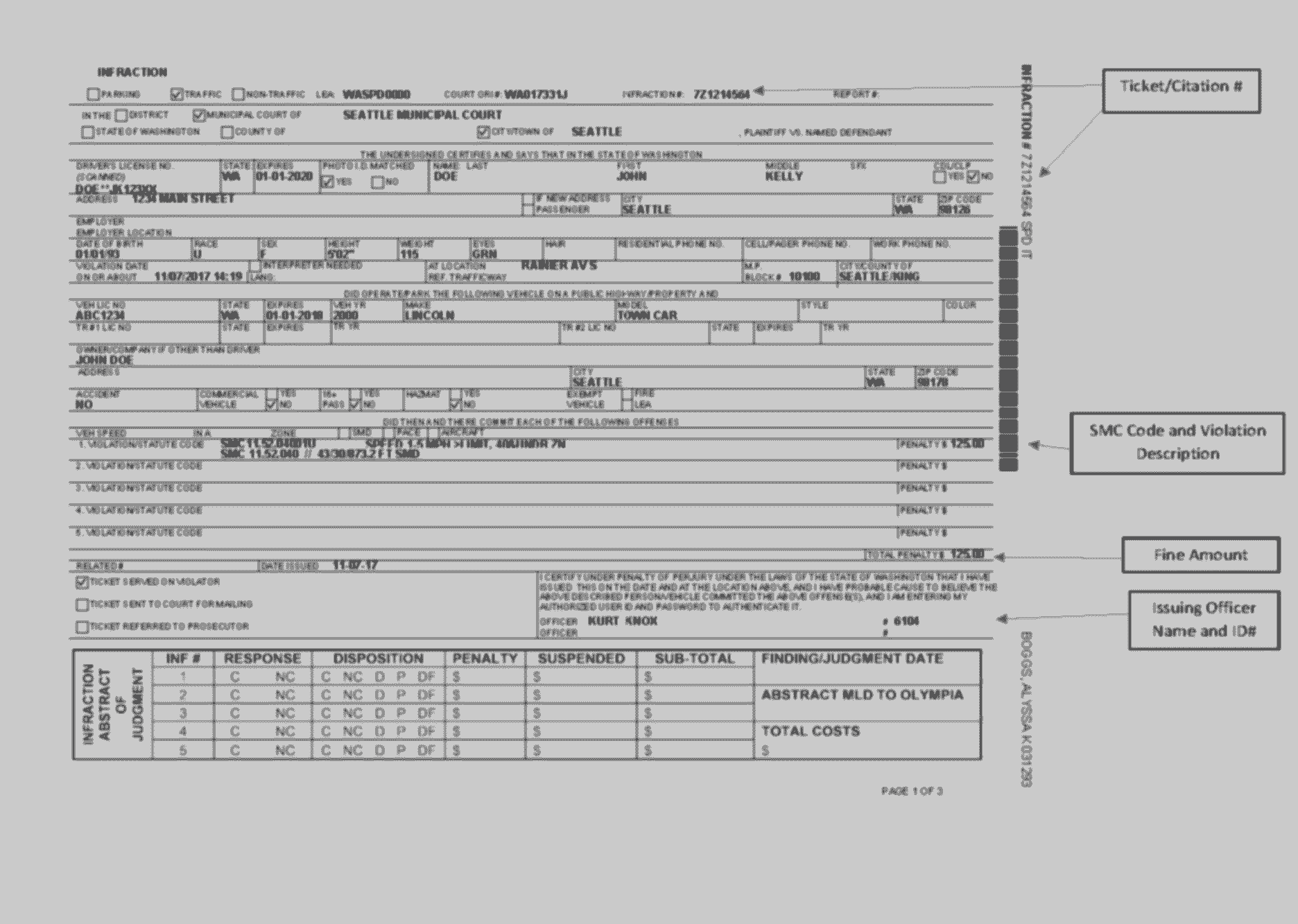Driving with a suspended license is a serious offense that can lead to severe legal consequences. If you find yourself in a suspended license driving court, it’s crucial to understand the intricacies of the legal process, the potential penalties, and how to navigate the system effectively. This article will provide an in-depth guide to help you understand what suspended license driving court entails, how it works, and what you can do to protect your rights. Whether you're facing charges or simply want to be informed, this guide is designed to offer clarity and actionable advice.
Every year, thousands of drivers across the United States face suspended licenses due to various infractions, ranging from unpaid traffic tickets to DUI convictions. While a suspended license can severely impact your daily life, appearing in court offers an opportunity to address the issue and potentially reduce the penalties. Understanding the legal framework and preparing adequately can make a significant difference in the outcome of your case.
In this article, we will explore the key aspects of suspended license driving court, including the reasons for license suspension, the court process, potential penalties, and strategies to navigate the system. By the end of this guide, you’ll have a comprehensive understanding of how to approach suspended license driving court and protect your driving privileges.
Read also:Wendy Williams Bug Eyes Understanding The Phenomenon And Its Impact
Table of Contents
- Reasons for License Suspension
- The Suspended License Driving Court Process
- Potential Penalties for Driving with a Suspended License
- Building a Strong Legal Defense
- Steps to Reinstating Your License
- Helpful Resources and Support
- Statistics and Trends in License Suspensions
- Preventing Future Suspensions
- Frequently Asked Questions
- Conclusion and Call to Action
Reasons for License Suspension
License suspensions can occur for a variety of reasons, and understanding these can help you avoid future infractions. Below are some of the most common reasons for license suspension:
- Unpaid Traffic Tickets: Failing to pay traffic fines or appear in court for a traffic violation can lead to an automatic suspension.
- DUI Convictions: Driving under the influence of alcohol or drugs is a major offense that often results in license suspension.
- Accumulation of Points: Many states operate on a points system where traffic violations accumulate points on your driving record. Exceeding a certain threshold can lead to suspension.
- Reckless Driving: Engaging in reckless behavior, such as excessive speeding or street racing, can result in immediate suspension.
- Failure to Maintain Insurance: Driving without valid auto insurance is a violation that can lead to suspension in most states.
It’s important to address these issues promptly to avoid escalating penalties. Ignoring a suspension notice can lead to further legal complications and even criminal charges if you are caught driving with a suspended license.
The Suspended License Driving Court Process
When you are summoned to suspended license driving court, the process can seem daunting. However, understanding the steps involved can help you prepare effectively. Here’s an overview of what to expect:
Step 1: Receiving the Summons
The process begins when you receive a court summons or notice of suspension. This document will outline the reason for the suspension, the date of your court appearance, and any additional instructions.
Step 2: Preparing Your Case
Prior to your court date, gather all relevant documents, such as your driving record, proof of insurance, and any evidence that supports your case. It’s also advisable to consult with a traffic attorney to explore your options.
Step 3: Appearing in Court
On the day of your court appearance, dress appropriately and arrive early. Be respectful and concise when presenting your case to the judge. If you have a legal representative, they will guide you through the proceedings.
Read also:Understanding The Tragic Incident Of Ushers Child Drowning A Comprehensive Guide
Step 4: Receiving the Verdict
After hearing your case, the judge will issue a verdict. This may include fines, community service, mandatory driving courses, or even jail time, depending on the severity of the offense.
Potential Penalties for Driving with a Suspended License
Driving with a suspended license can result in significant penalties, which vary depending on the state and the circumstances of the offense. Some common penalties include:
- Fines: Fines can range from a few hundred to several thousand dollars, depending on the severity of the violation.
- Jail Time: In some cases, particularly repeat offenses, jail time may be imposed.
- Extended Suspension: Driving while suspended can lead to an extension of your suspension period.
- Vehicle Impoundment: Your vehicle may be impounded, and you could be responsible for the associated fees.
- Criminal Record: A conviction for driving with a suspended license can result in a permanent criminal record, which can affect employment and other aspects of your life.
It’s crucial to avoid driving while your license is suspended, as the penalties can be severe and long-lasting.
Building a Strong Legal Defense
If you are facing charges for driving with a suspended license, building a strong legal defense is essential. Here are some strategies to consider:
Challenge the Suspension
If you believe the suspension was unjustified, you can challenge it in court. Provide evidence to support your claim, such as proof of payment for traffic tickets or documentation of extenuating circumstances.
Negotiate a Plea Deal
In some cases, your attorney may be able to negotiate a plea deal with the prosecutor. This could involve reduced charges or alternative penalties, such as community service or driving courses.
Present Mitigating Circumstances
If you had a valid reason for driving while suspended, such as a medical emergency, present this information to the court. Judges may consider mitigating circumstances when determining your sentence.
Steps to Reinstating Your License
Once your suspension period is over, you’ll need to take specific steps to reinstate your license. These steps typically include:
- Paying Reinstatement Fees: Most states require a fee to reinstate your license after suspension.
- Completing Required Courses: You may need to complete a defensive driving course or other mandatory programs.
- Providing Proof of Insurance: Ensure your auto insurance is up to date and provide proof to the DMV.
- Clearing Outstanding Violations: Resolve any unpaid tickets or unresolved violations on your record.
Failure to complete these steps can result in further delays or complications in reinstating your license.
Helpful Resources and Support
There are numerous resources available to help you navigate the suspended license driving court process. These include:
- Legal Aid Organizations: Many states offer free or low-cost legal assistance for traffic-related issues.
- DMV Websites: Your state’s DMV website provides detailed information on license suspensions and reinstatement procedures.
- Traffic Attorneys: Hiring an experienced traffic attorney can significantly improve your chances of a favorable outcome.
Utilizing these resources can make the process less overwhelming and increase your chances of success.
Statistics and Trends in License Suspensions
According to recent studies, license suspensions are a widespread issue in the United States. For example:
- Over 4 million drivers have their licenses suspended annually due to unpaid traffic tickets.
- Approximately 1 in 7 drivers in the U.S. has a suspended or revoked license at any given time.
- DUI-related suspensions account for a significant percentage of all license suspensions.
These statistics highlight the importance of addressing license suspensions promptly and responsibly.
Preventing Future Suspensions
To avoid future license suspensions, consider the following tips:
- Pay Traffic Tickets Promptly: Address any traffic violations as soon as possible to avoid penalties.
- Maintain Auto Insurance: Ensure your insurance is always up to date to avoid suspension.
- Drive Safely: Follow traffic laws and avoid reckless behavior to keep your driving record clean.
By adopting these practices, you can reduce the risk of future suspensions and maintain your driving privileges.
Frequently Asked Questions
Here are some common questions about suspended license driving court:
What happens if I ignore a court summons for a suspended license?
Ignoring a court summons can result in a warrant for your arrest and additional legal penalties.
Can I drive to work with a suspended license?
In most cases, driving with a suspended license is illegal, even for work purposes. However, some states offer restricted licenses for specific circumstances.
How long does a license suspension last?
The duration of a suspension varies depending on the reason and the state. It can range from a few months to several years.
Conclusion and Call to Action
Navigating suspended license driving court can be a challenging experience, but with the right knowledge and preparation, you can achieve a favorable outcome. Understanding the reasons for suspension, the court process, and potential penalties is crucial for protecting your rights and driving privileges. Additionally, taking proactive steps to reinstate your license and prevent future suspensions can help you avoid further legal issues.
If you found this guide helpful, please share it with others who may benefit from this information. For more resources and expert advice, feel free to explore our other articles on traffic laws and legal matters. Don’t hesitate to leave a comment or reach out if you have any questions or need further assistance. Your informed actions today can make a significant difference in your future.

